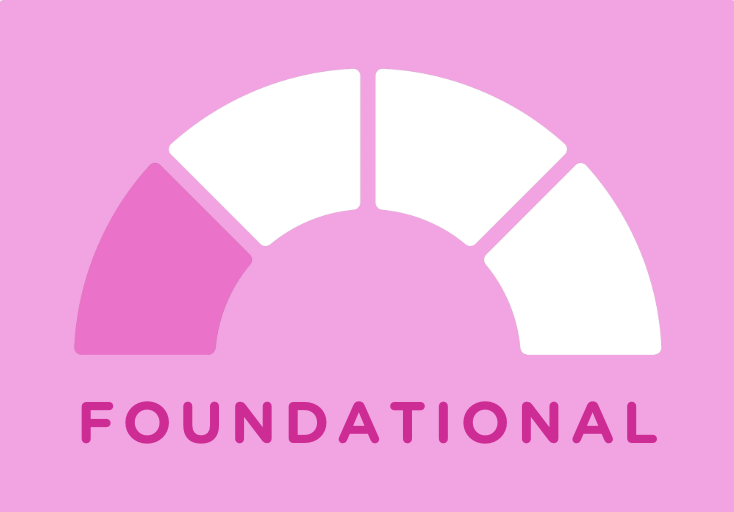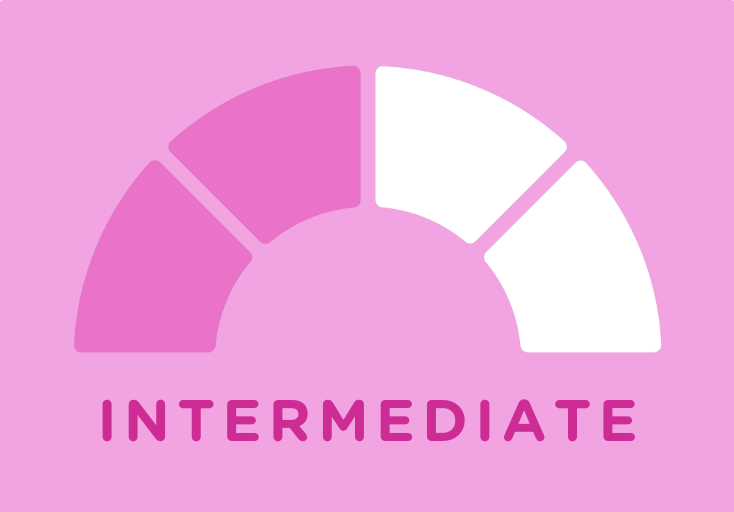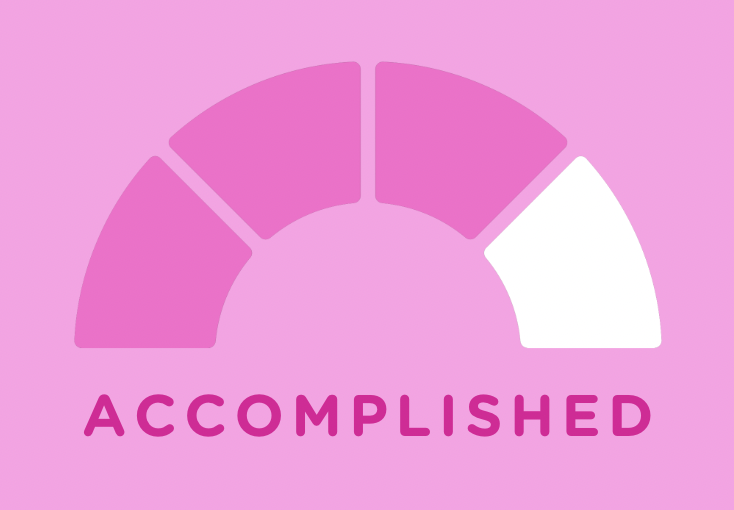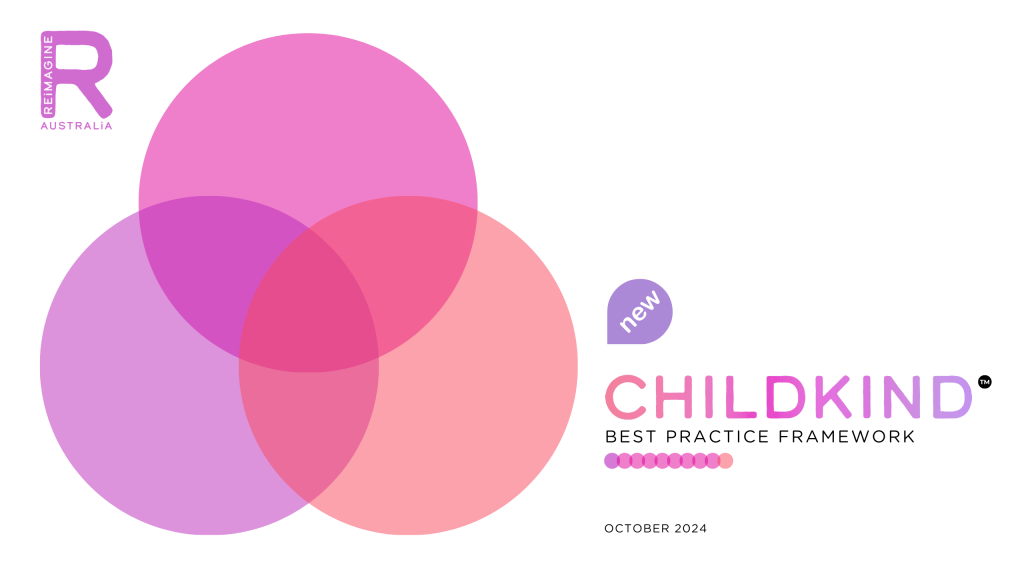KEY COMPETENCY 2.1 – CENTRE ME AND MY FAMILY
“I will ensure clear and open communication to address the needs of the children and families I support, utilising relational skills to build trust, empathise, and collaborate effectively.”
Effective Communication is the first competency under the ‘Centre Me and My Family’ Way of Working, and relates to the ‘design and delivery of services and supports‘ phase of the child’s early developmental support journey. It is important for:
Building Trust: Clear and empathetic communication fosters trust and rapport, encouraging open dialogue about concerns and needs.
Facilitating Understanding: Ensures families comprehend services and strategies, fostering deeper engagement in their child’s development.
Promoting Collaboration: Enhances teamwork, enabling tailored strategies that best support each child’s unique needs.
Enhancing Service Delivery: Supports clarification of expectations and address concerns promptly, leading to improved outcomes.
Cultural Sensitivity: Being mindful of cultural differences and adapting communication styles fosters increased inclusion and understanding.
Effective communication involves active listening, clear messaging, and ensuring that both the child and family are engaged in meaningful dialogue. This includes being mindful of language, cultural differences, and accessibility needs to ensure communication is respectful, transparent, and inclusive.
Effective communication builds trust between practitioners, children, and families. It ensures that the child’s needs, preferences, and developmental progress are understood and addressed in a way that resonates with everyone involved.
Research indicates that family-centered communication models improve outcomes for children in early intervention (McWilliam, 2010). Families are more engaged and feel better supported when communication is open, clear, and inclusive. (Dunst et al., 2007; McWilliam, 2010)
Research and Further Reading:
Dunst, C. J., Trivette, C. M., & Hamby, D. W. (2007). Family support programs and services. The Journal of Early Intervention, 29(1), 1-19.
McWilliam, R. A. (2010). Routines-based early intervention: Supporting young children and their families. Brookes Publishing.
COMPETENCY MILESTONES

I am able to:
Speak clearly and adjust pace and volume for diverse audiences.
Listen actively and ask questions to ensure understanding.
Use inclusive language and explain concepts clearly.
Demonstrate awareness of body language and facial expressions.
Write logically and coherently in various formats.
Use multiple communication channels effectively to obtain and share information.
Share information across teams to facilitate informed decision-making.

I am able to:
Tailor communication to meet the needs of diverse audiences effectively.
Present ideas and discussions clearly and convincingly.
Listen attentively to gain insights and ask relevant questions.
Promote inclusive language and assists others in adjusting as needed.
Monitor non-verbal cues and adjust communication accordingly.
Prepare well-structured written materials that are easy to follow.
Communicate technical information clearly and effectively.
Empower parents, carers, and child representatives by involving them in decision-making and ensuring they understand the information shared.

I am able to:
Demonstrate proficiency with various means of communication to enhance understanding and engagem ent.
Clearly explain complex concepts and arguments to individuals and groups.
Encourage others to contribute to discussions and actively listen.
Write fluently in plain language and adapt style for different formats.
Use contemporary communication channels to engage and interact with diverse audiences effectively.
Actively involve parents, carers, and child representatives in discussions and providing them with the resources to advocate for their needs.

I am able to:
Present with credibility, engaging diverse audiences and ensuring comprehension.
Translate technical and complex information clearly and concisely for diverse audiences.
Facilitate discussions and debates, encouraging diverse perspectives.
Promote information sharing across the organisation and beyond.
Manage complex communications involving multiple viewpoints effectively.
Explore innovative ways to engage diverse audiences and communicate information.
Adjust communication style and approach to optimise outcomes in challenging situations.
Lead efforts to empower parents, carers, and child representatives by mentoring them in advocacy skills to ensure their voices are central in decision-making processes.
Reflection questions are a valuable tool for practitioners, promoting self-awareness, critical thinking, continuous improvement, and stronger relationships in their work with children and families. Below are some reflection questions for Key Competency 2.1: Effective Communication:
How am I ensuring that the family understands and feels comfortable with the communication we have?
Am I providing opportunities for families to ask questions and share their perspectives?
Have I considered the family’s cultural background and communication preferences?
Effective communication is the foundation of trust and collaboration between families and practitioners, ensuring that the child’s needs are always at the center.
(Dunst et al., 2007, p. 3)
Access more information on the ChildKind Best Practice Framework with its 10 Ways of Working, 30 Key Competencies and 8 supporting Values and Behaviours here:
